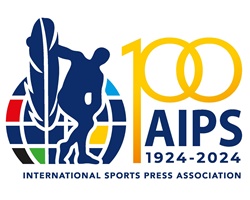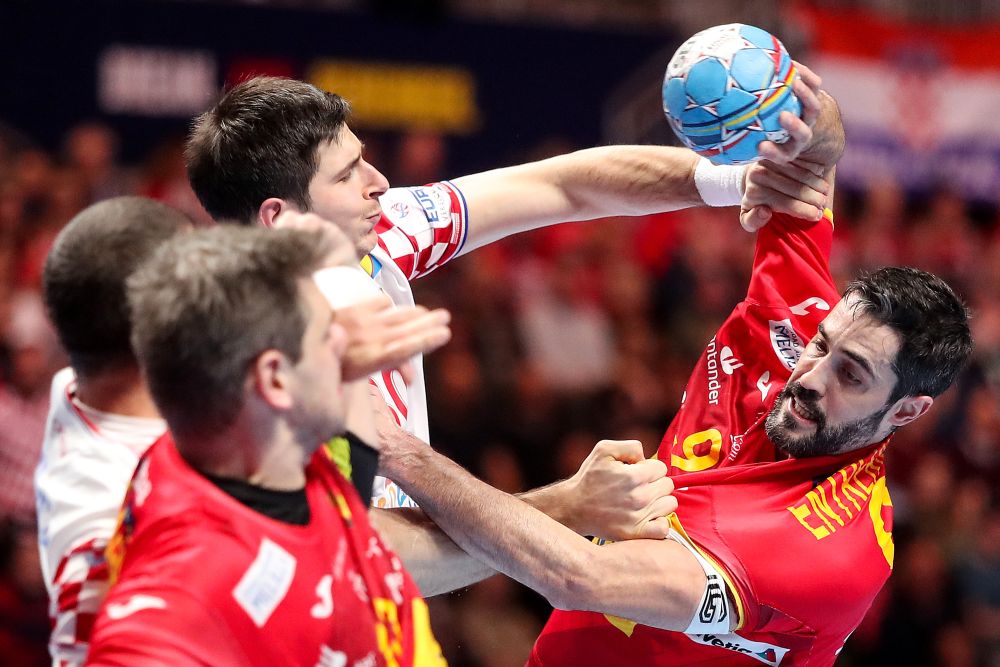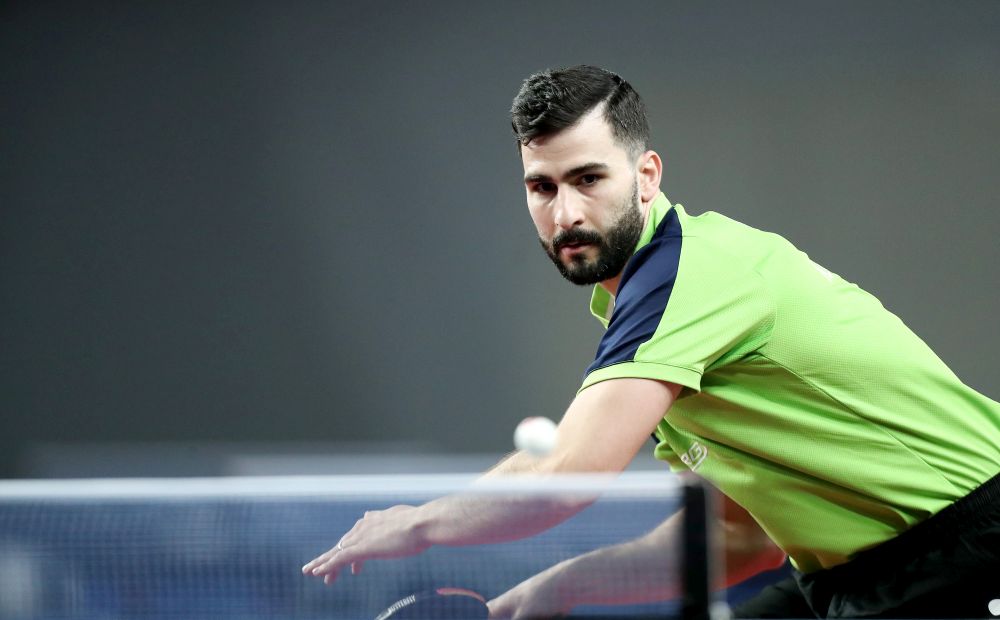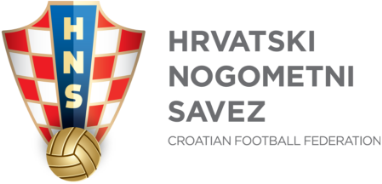More and more newsrooms around the world have embraced the incorporation of Artificial Intelligence into their workflows, and it is clear that there is no going back. However, this seemingly unavoidable phenomenon has to be firmly anchored to ethics, according to panellists at the 87th AIPS Congress in Rabat, Morocco.
The panel discussion highlighted some of the significant advancements and challenges in AI and how these impact journalism.
Mariagrazia Squicciarini, the Chief of Executive Office and Director a.i. at the Social and Human Sciences Sector (SHS) of the United Nations Educational, Scientific and Cultural Organization (UNESCO), expounded on AI’s “unprecedented acceleration” in the last year, particularly with the emergence of new foundational models. Other key developments she highlighted include the rise of local AI models, the diversification and openness in AI models, as well as the evolution of AI agents. “The possibilities are huge, especially for the smaller players,” Squicciarini said, stressing on the need for human oversight to ensure information integrity.
The profound ethical concerns related to the rapid rise of AI led the United Nations Educational, Scientific and Cultural Organization (UNESCO) to produce the first-ever global standard on AI ethics in November 2021.
COPYRIGHT AI tools are revolutionizing the way media organisations operate; from news production and distribution to audience engagement. Whether it’s for transcribing interviews, translating articles, or even identifying story ideas, AI has been a time-saver for many journalists and has made the newsroom more efficient and productive, according to Sanjay Sindhwani, CEO, Indian Express Online Media Services. He, however, raised an important point: “I was just reading a report from the United States Copyright Office which has some very interesting findings. They are saying that AI engines are infringing upon copyrighted content, and this needs to be addressed.”
Recently there have been collaborations between news organisations and AI developers, like AFP and Mistral AI signing a multi-year deal that will see the latter’s chatbox use the news agency’s reports to respond to users' requests. Speaking during the panel discussion at the AIPS Congress, AFP Director for Major Operations & Special Events, Vincent Amalvy, gave in depth insight on how the international French news agency is leveraging AI on the one hand, and protecting their content on the other hand.
FACT-CHECKING To ensure that the trust their subscribers and the public have in their content is not compromised, AFP created a dedicated fact-checking and digital investigations department of around 200 journalists in 2017 to tackle the spread of misinformation and disinformation online. At the AIPS Congress, Amalvy also spoke about the Coalition for Content Provenance and Authenticity (C2PA) project, which is “an open technical standard providing publishers, creators, and consumers the ability to trace the origin of different types of media”.
During the 2024 US elections, AFP successfully combined the C2PA certification standard with a unique, invisible, and encrypted watermark, to guarantee the authenticity of its photos. As explained in a short video, which was shown on the big screen in Rabat, “With a C2PA compatible camera, the photographer takes a picture adding a secure digital signature to the file, as the photo is taken. He transmits his photo to AFP. The original file is stored in a secure location, while a duplicate is sent to AFP photo editors for standard processing. Finally, just before the photo is delivered to AFP clients, the image is tattooed with an individual, encrypted and invisible watermark.”
CHALLENGES Credibility crisis is a major challenge for the media now, due to the massive increase of issues like fake news, misinformation, manipulation and plagiarism, hence content safety is also a priority for Xinhua News Agency, and Zhou Jie, the Deputy Director of Sports News Department, mentioned some of the technologies they use, including sensitive word recognition, copyright monitoring and user profiling. “However, when using AI tools, we also face several major challenges,” Zhou pointed out. He mentioned three of these challenges; the high cost of technology, shortage of professionals who understand both journalism and technology, and the lack of data quality. “These three major challenges we are facing need to be solved. If not, I think AI technology will not be fully utilized in our news reporting.”
DON'T BE AFRAID Marca's CEO, Juan Ignacio Gallardo added: “As journalists we must not be afraid of anything, including AI. This is a new reality and we must take advantage of it. So we need to be intelligent in our approach to AI, because AI can be an exceptional and fabulous tool in the exercise of our profession. There is something AI will never be able to do and that is to give news. AI will never be able to meet a source for coffee, try to confirm a piece of information. AI will never make a call or go on site to find out the news. Journalists will survive as long as we give the news – AI cannot do that. I was speaking with Anas (Ghanaian investigative journalist) and it is impossible for AI to do investigative journalism. So we should feel secure, confident and brave, and let us be intelligent in taking advantage of AI for our benefit.”
FINANCIAL IMPACT Both Amalvy and Sindhwani highlighted the financial impact of the use of AI on media companies, and the need to create a business model for it.
For instance, Sindhwani spoke about the massive drop in page views. “With AI, you're getting served everything on your table. I think that's the big change that media companies need to figure out how to adapt to. That if people are going to get the information via intermediary without coming to your website, then your whole business model breaks down. And it's interesting, because as a customer, I find value in it, and that's why I'm using more and more of it. But as a business owner in the media space where my revenue comes from eyeball aggregation, it's a big challenge,” said Sindhwani, who also foresees a future where there will be more journalists in the field and fewer in the office, as AI would be largely used for content processing. “We will have to relearn, go back to the drawing board, draw our plans again, see how this new technology is going to impact us and rework our business models.”
BOUNDLESS FUTURE While the panellists all agreed that AI has a boundless future, they urged sports media professionals to be vigilant while adapting to AI’s impact. They also underscored the importance of collaborating with technology companies and regulatory bodies to establish a balanced system that addresses the financial and ethical considerations of AI. “If it is helping people do stuff, you cannot stop the progress. So what we have to do is define the guardrails, define the legal framework under which it will operate,” said Sindhwani.
Squicciarini added: “AI is pervading a lot of other factors that can really change life as we know it, so we really need to agree on what we don't want AI to do for us, and then we let the developments go in the direction of what can help humanity and each and every one of us.”
 AIPS Media/Chibuogwu Nnadiegbulam Photo by Carlo Pozzoni/AIPS Media
AIPS Media/Chibuogwu Nnadiegbulam Photo by Carlo Pozzoni/AIPS Media

 EN
EN HR
HR





































